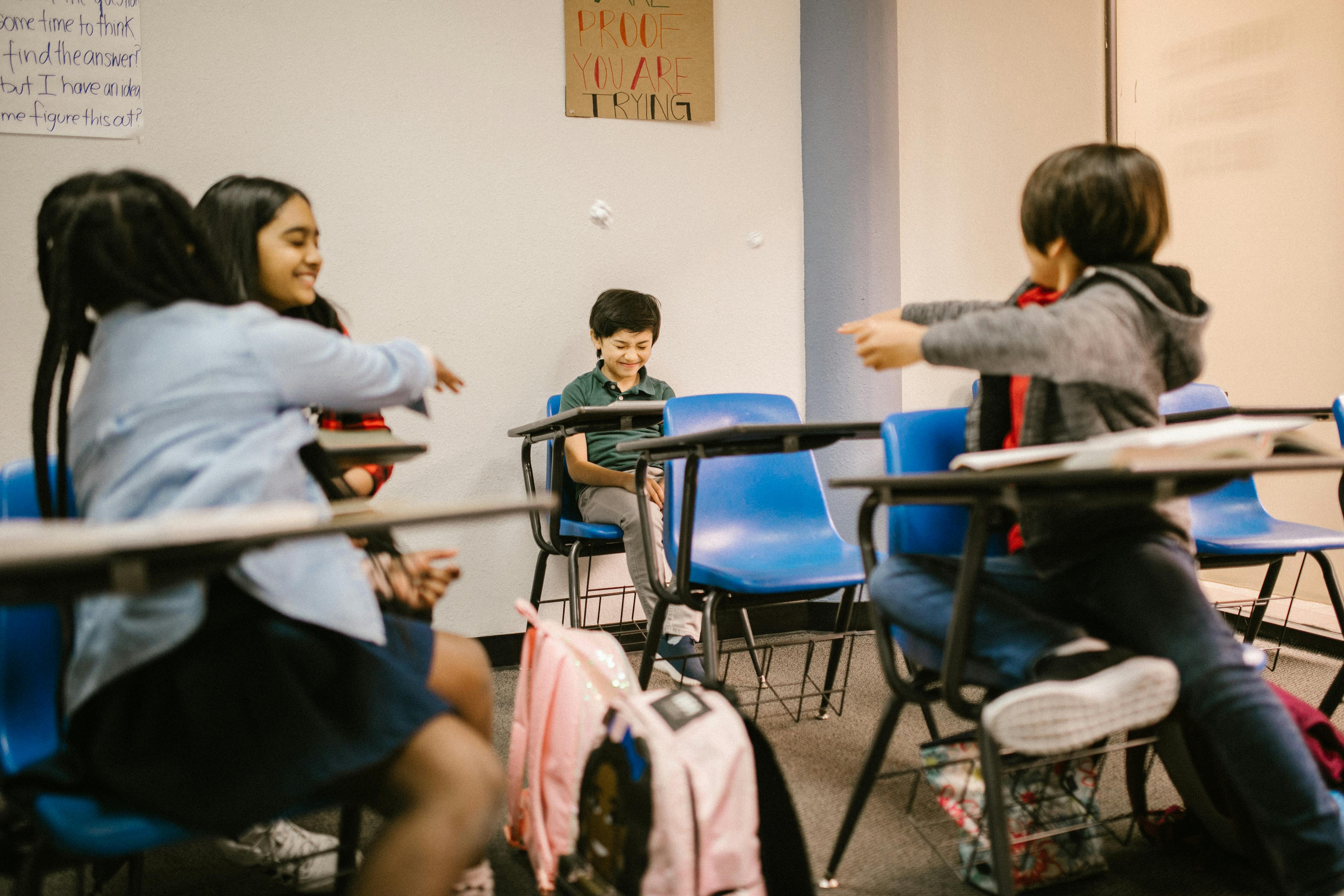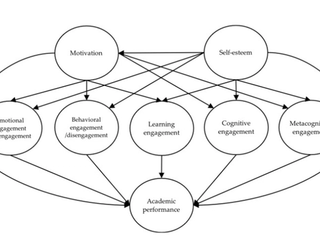
In the journey toward academic excellence, the focus often leans heavily on curriculum, teaching methodologies, and performance metrics. However, an equally critical yet frequently overlooked component is the role of self-love and positive self-perception in enhancing learning outcomes.
This blog post delves into the profound impact of self-esteem on academic success and provides insights into how students, educators, and parents can nurture a healthy sense of self to foster educational achievement.
Understanding the Link between Self-Love and Learning
Self-love, in the context of academic success, refers to the appreciation of one's worth and abilities. It's about acknowledging your strengths and accepting your weaknesses with kindness and patience. Positive self-perception is the internal lens through which students view their capabilities and potential.
This mindset is not just a feel-good accessory; it's a crucial pillar of effective learning. Studies suggest that students with high self-esteem are more likely to engage in challenging academic tasks, persist in the face of difficulties, and exhibit higher resilience (Camel, 2020).
The Psychological Foundation
The connection between self-love and learning is deeply rooted in psychological theories. According to Bandura's theory of self-efficacy, believing in one's ability to succeed in specific situations or accomplish a task plays a significant role in how one approaches goals, tasks, and challenges (Very Well Mind). When students have a positive perception of their academic abilities, they are more likely to take on difficult tasks, persevere through challenges, and recover from setbacks more quickly.
Impact on Academic Performance
Research indicates that students who hold a positive self-view are more engaged in the learning process, participate more actively in class, and demonstrate better problem-solving skills. A study published in Behav Sci (Basel) found that self-esteem and academic performance are mutually reinforcing, suggesting that enhancing one's self-perception can lead to improved grades and vice versa.

Embracing a Growth Mindset
The cultivation of a growth mindset—the belief in the potential for intelligence and abilities to grow with effort—is at the heart of self-love. This concept, popularized by psychologist Carol Dweck, encourages learners to see challenges as opportunities for growth rather than insurmountable obstacles.
A positive self-view fosters intrinsic motivation, leading students to set higher goals, actively engage with learning materials, and seek out additional resources. This engagement not only bolsters academic outcomes but also nurtures a lifelong love for learning.
To further enhance your learning journey, explore our comprehensive guide on effective study habits that complement the principles of self-love.
Strategies to Boost Self-Love for Academic Success
For Students:
- Set Realistic Goals: Start with achievable goals and gradually increase the difficulty. Celebrate small victories to build confidence.
- Practice Self-Compassion: Treat yourself with the same kindness you would offer a friend in your situation.
- Seek Constructive Feedback: Learn to view feedback as a tool for growth rather than a personal critique.
For Educators:
- Create an Inclusive Environment: An inclusive and supportive classroom environment, encourages participation and risk-taking.
- Growth Mindset Pedagogy: Incorporating growth mindset principles into teaching practices can significantly impact students’ resilience and willingness to tackle challenges.
- Personalize Learning: Recognizing each student's unique strengths and challenges can enhance engagement and self-esteem.
For Parents:
- Encourage Reflection: Engage in discussions that help children recognize their strengths and areas for improvement.
- Model Positive Behavior: Demonstrating self-love and a positive attitude toward learning can significantly influence your child's perceptions.
- Provide Unconditional Support: A supportive environment is crucial for developing confidence and a love for learning.
Conclusion
The interplay between self-love, positive self-perception, and academic success is undeniable. By nurturing an environment that promotes self-esteem, resilience, and a growth mindset, students are better positioned to unlock their full potential.
This holistic approach not only facilitates academic achievements but also prepares students for a fulfilling life journey.
At Good Hope Tutoring, we foster a culture of self-love within our educational communities through our mentorship program by recognizing its foundational role in achieving lasting learning and success.
The journey toward academic success is multifaceted, intertwining cognitive abilities with emotional well-being. Self-love and positive self-perception are not mere buzzwords but foundational elements that empower students to realize their full potential.
By embracing strategies that enhance self-esteem, students, educators, and parents can unlock the door to more effective learning and lasting academic achievements.


